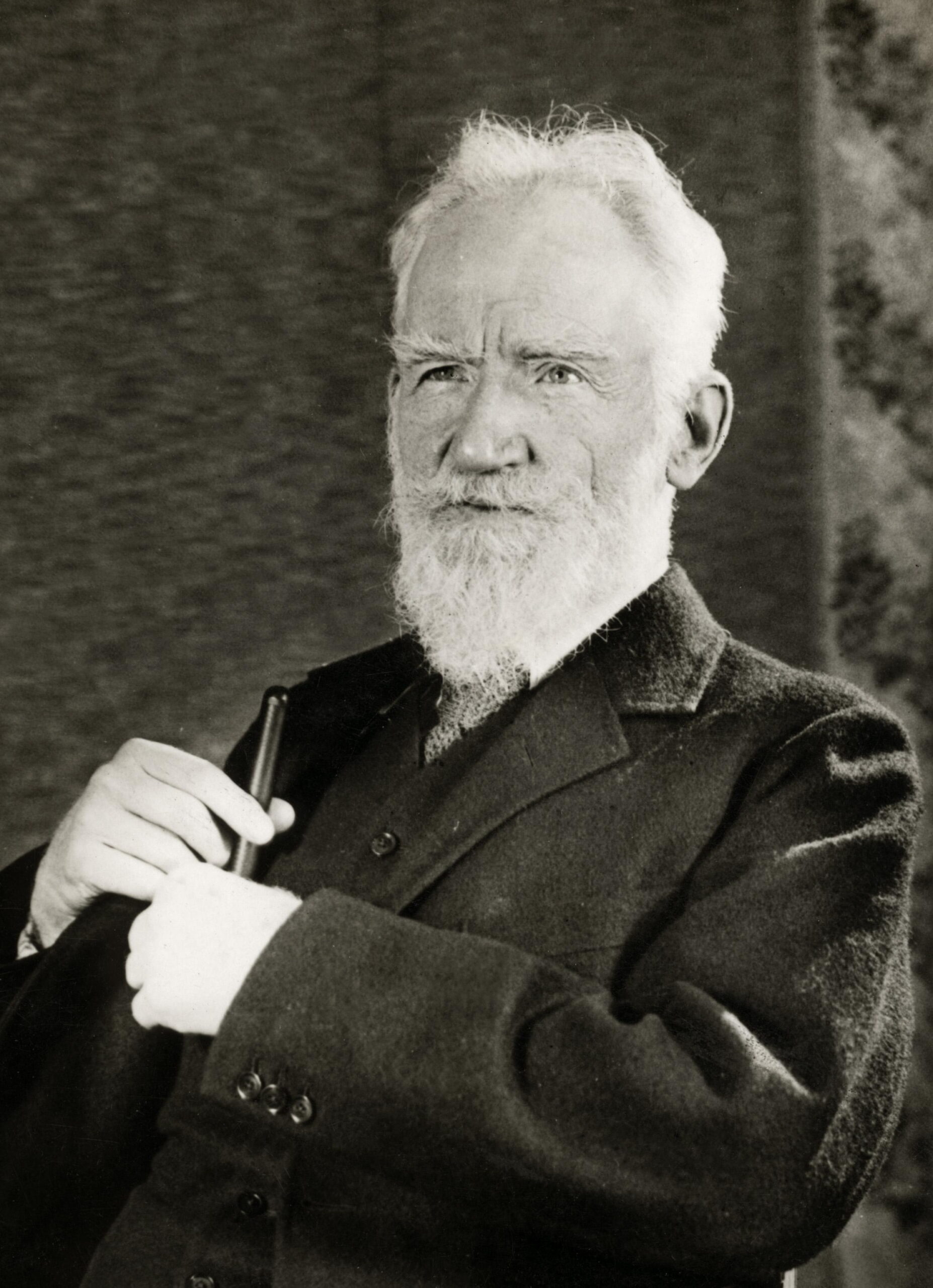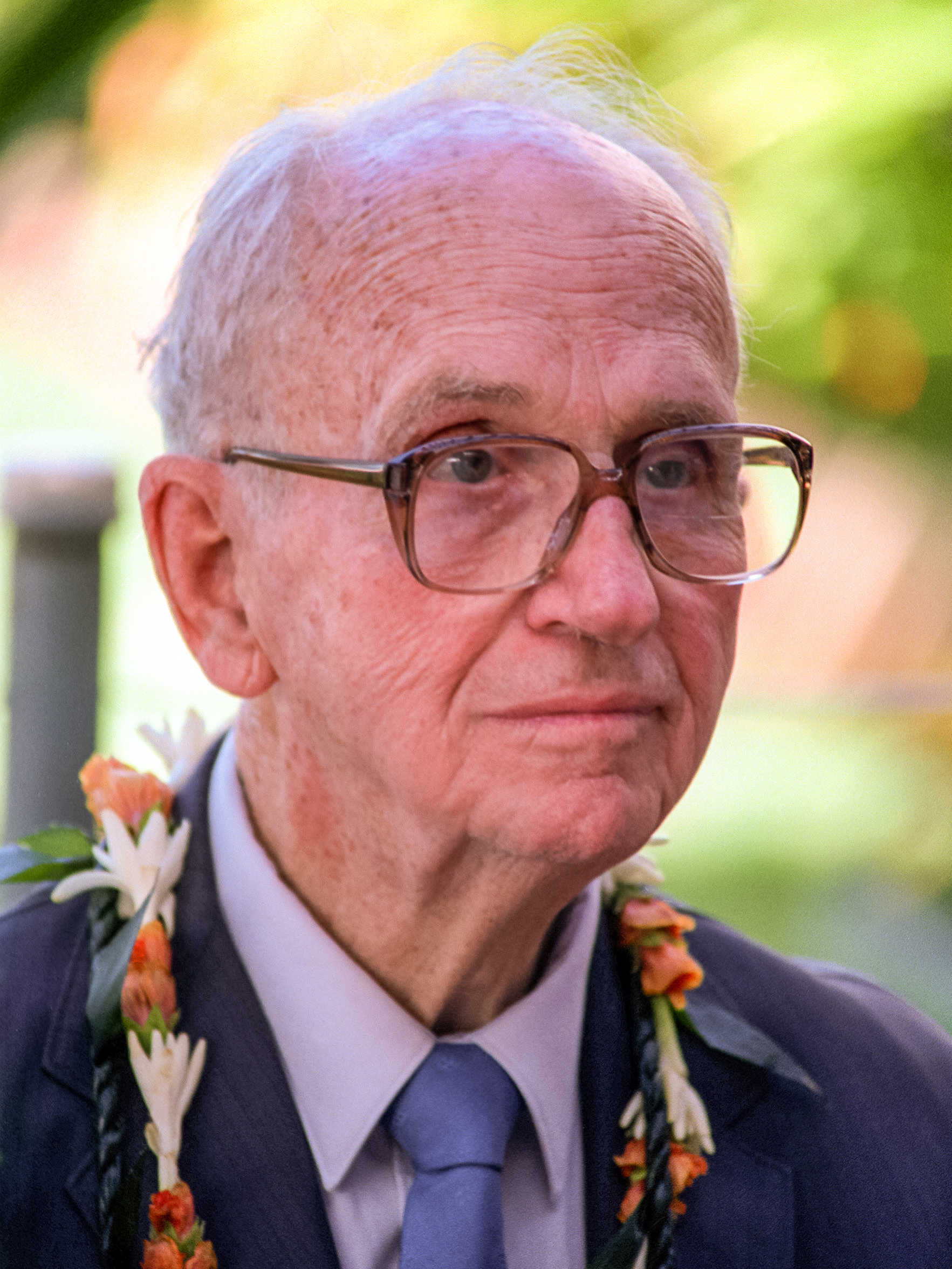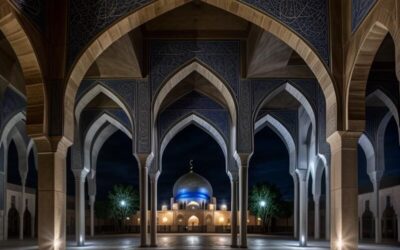Unveiling Truths: Dispelling Myths About Islam
Debunking Myths About Islam
Explore the misconceptions surrounding Islam and discover the truths that lie beneath. Join us in unraveling the myths and gaining a deeper understanding of the Islamic faith.
Understanding Common Misconceptions About Islam
Throughout history, Islam has been subject to numerous myths and misconceptions. These often arise from misunderstandings or misinterpretations of Islamic teachings and practices. In other cases, it is a result of geopolitical struggles between powers on Islamic and non-Islamic sides. Many of these myths are perpetuated by cultural stereotypes and media portrayals that do not accurately reflect the religion. This section aims to shed light on these myths, exploring their origins and providing clarity on what Islam truly represents. By examining these misconceptions, we strive to foster a more informed and respectful dialogue about the Islamic faith.
Your Questions About Islam, Answered
Is Islam a violent religion?
No, Islam is not a violent religion. The core teachings of Islam promote peace, compassion, and tolerance. While there are individuals who may misuse religious texts for personal or political gain, these actions do not reflect the true principles of Islam.
Do Muslims worship a different God?
Muslims worship the same monotheistic God as Christians and Jews. In Islam, God is referred to as Allah, which is simply the Arabic word for God. Islam emphasizes the worship of one, all-powerful God who is the creator and sustainer of the universe. Allah is not a father or son of anyone. Allah cannot be compared to anything we can imagine.
Why do Muslim women wear hijabs?
The hijab is a symbol of modesty and privacy in Islam. Many Muslim women choose to wear it as an expression of their faith and identity. It is important to note that wearing a hijab is a personal choice and can vary based on cultural and individual beliefs. A muslim woman wearing Hijab is making a decsion to Follow Allah’s commands.
Is Sharia law oppressive?
Sharia law is a sophisticated and elaborate system of Islamic principles that guide various aspects of a Muslim’s life. It is often misunderstood and misrepresented. While some interpretations can be strict, many Muslims view Sharia as a flexible framework that emphasizes justice, equality, and moral conduct.
Are all Muslims Arabs?
No, Muslims come from diverse ethnic and cultural backgrounds. While Islam originated in the Arabian Peninsula, it has spread globally, and the majority of Muslims today live outside the Arab world, in regions such as Southeast Asia, Africa, and Europe.
Voices of Truth

A Journey of Understanding
“I have always held the religion of Muhammad in high estimation because of its wonderful vitality. It is the only religion which appears to me to possess that assimilating capacity to the changing phase of existence which can make itself appeal to every age. I have studied him – the wonderful man and in my opinion far from being an anti-Christ, he must be called the Saviour of Humanity.
I believe that if a man like him were to assume the dictatorship of the modern world he would succeed in solving its problems in a way that would bring it the much needed peace and happiness: I have prophesied about the faith of Muhammad that it would be acceptable to the Europe of tomorrow as it is beginning to be acceptable to the Europe of today.”
George Bernard Shaw

Breaking Stereotypes
Muhammad, the inspired man who founded Islam, was born about A.D. 570 into an Arabian tribe that worshipped idols. Orphaned at birth, he was always particularly solicitous of the poor and needy, the widow and the orphan, the slave and the downtrodden. At twenty, he was already a successful businessman, and soon became director of camel caravans for a wealthy widow. When he reached twenty-five, his employer, recognizing his merit, proposed marriage. Even though she was fifteen years older, he married her, and as long as she lived, remained a devoted husband. “Like almost every major prophet before him, Muhammad fought shy of serving as the transmitter of God’s word, sensing his own inadequacy. But the angel commanded ‘Read.’ So far as we know, Muhammad was unable to read or write, but he began to dictate those inspired words which would soon revolutionize a large segment of the earth: ‘There is one God.’ “In all things Muhammad was profoundly practical. When his beloved son Ibrahim died, an eclipse occurred, and rumours of God’s personal condolence quickly arose. Whereupon Muhammad is said to have announced, ‘An eclipse is a phenomenon of nature. It is foolish to attribute such things to the death or birth of a human being. “At Muhammad’s own death an attempt was made to deify him, but the man who was to become his administrative successor killed the hysteria with one of the noblest speeches in religious history: ‘If there are any among you who worshipped Muhammad, he is dead. But if it is God you worshipped, He lives forever.” – James A. Michener
Explore Our Latest Insights
The Tale of a Prophet: Isa (Jesus) in Islam
In the quiet of a world weighed by the struggles of humankind, there came a miraculous sign—a child born to a virtuous woman named Maryam (Mary). The birth of Jesus, known as Isa ibn Maryam, was nothing short of extraordinary. Born of virgin birth, Maryam stood as a...
Yahya ibn Zakariya: The Life and Legacy of John the Baptist in Islam
Discover the profound impact of Yahya ibn (son of) Zakariya, a figure of unwavering faith and moral integrity, whose life and teachings continue to inspire millions.Yahya ibn Zakariya, known for his early dedication to righteousness, holds a distinguished place in...
Zechariah: The Prophet and Father of Yahya (John) in Islamic Tradition
Explore the inspiring life of Zakariya, a dedicated priest whose unwavering commitment to prayer and worship set a profound example of faithfulness and devotion to God.In Islamic tradition, Zechariah (known as Zakariya in Arabic) is regarded as a significant prophet...



